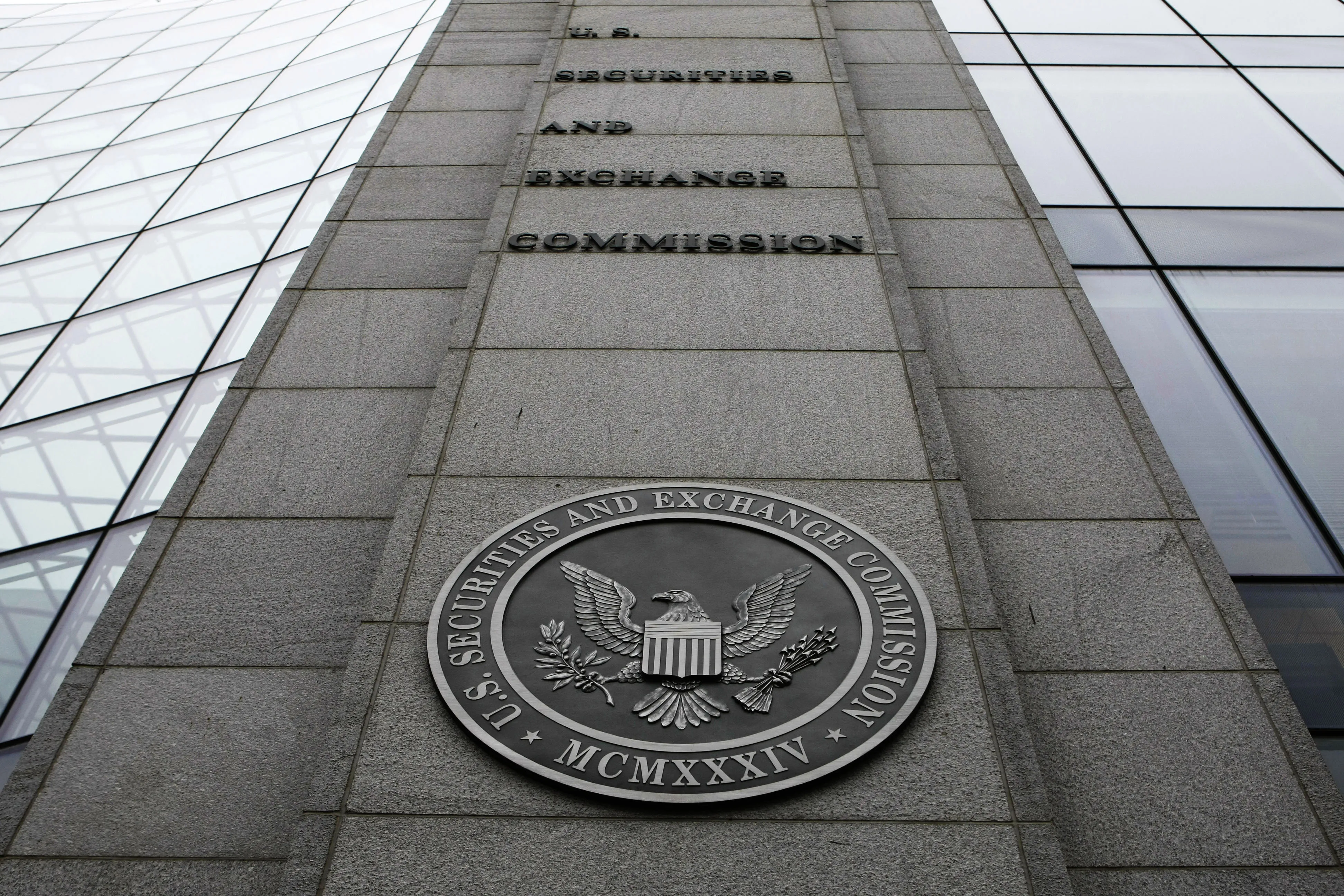Bank Secrecy Act and Central Bank Digital Currency Highlight Privacy Concerns

The Deterioration of Financial Privacy
For over 50 years, the ability of Americans to transact without oversight has diminished. The Bank Secrecy Act (BSA) of 1970, greatly expanded, mandates financial institutions to aid in crime detection. In 2023 alone, more than 25 million reports were filed under the BSA. Financial entities like banks and broker-dealers are required to report activities to the government, severely impacting individual privacy.
The Central Bank Digital Currency Conundrum
- Central Bank Digital Currency (CBDC) raises questions about governmental involvement in personal finance.
- CBDCs could enable tracking of financial activities and limit how individuals use their funds.
- As crypto enthusiasts push against these regulations, they seek alternatives in decentralized finance.
Call to Action for Financial Privacy Advocates
Increased government access to financial data is a bipartisan issue, threatening not just concealment from the law, but also exposing individuals with differing political views to unwarranted scrutiny. As SEC Commissioner Hester Peirce states, a free society deserves to transact without being watched. It's time for all advocates to unite against growing surveillance and demand financial privacy protection.
This article was prepared using information from open sources in accordance with the principles of Ethical Policy. The editorial team is not responsible for absolute accuracy, as it relies on data from the sources referenced.